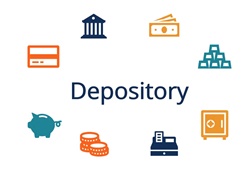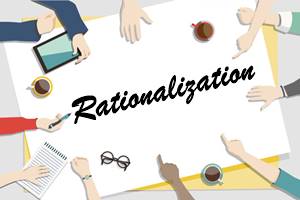
Table of Contents
Defining Suicide Pill
A suicide pill refers to a defensive strategy used by a target company to thwart attempts of a hostile takeover. As a final resort, the prey engages in self-destructive behaviour to deter its suitor, preferring the risk of Bankruptcy to the possibility of a merger.
The suicide pill defensive strategy is an extreme form of the poison pill: an anti-takeover approach allowing the existing shareholders to purchase additional shares at a discount to decrease the interests of any new, hostile party.
Suicide Pill Adoption
Suicide pills vary depending on the situation and can cause the company's disintegration or dissolution. When a competitor undertakes a hostile takeover and the current ownership, or the target's management sees the acquisition as a given conclusion, they would prefer the company to cease to exist rather than let it fall into any outsiders' hands.
In these rare circumstances, the company's directors consider that ceasing operations or being placed under bankruptcy protection is the most vigorous defence against a hostile takeover.
Smaller businesses are the most likely to use suicide pill methods. The choice isn't made lightly. It will only be pursued if the board of directors believes that a competitor's acquisition will result in the company's demise or irreparable harm to a continuing business plan.
If a corporation believes its business will be shut down after the acquirer cherry-picks its best employees and assets, it can resort to these self-destructive measures. Rather than allowing this to happen, it can decide to take steps to prevent the takeover.
Talk to our investment specialist
Methods that Managements Choose
Management might undertake several destructive measures to deter outside predators from purchasing the company. Here are a few examples:
Taking on Excessive Debt
One strategy to dissuade purchasers is to borrow a large sum of money at exorbitant interest rates. If the acquisition goes through, the acquirer will be left with mounds of debts and unpaid bills, crippling its finances. It will also make it impossible for the acquirer to dedicate cash to upgrade the firm, bringing it in line with its other assets and capturing synergies.
Special Dividends
Giving a one-time, large Income payout to current shareholders is another technique to make the Balance Sheet less appealing. A special dividend could be paid, depleting working Capital so that operations can no longer be supported.
Dumping Key Assets
Any specific company is a target because the assets it holds are valuable to someone else. It may no longer be the case if the company's most valuable assets are sold at a bargain to anyone other than the potential buyer.
Limitations of Suicide Pill
If shareholders band together, they could stop a company's board of directors from implementing suicide pill measures. It's also possible that the hostile corporation will seek an injunction against its defence activities and find a mechanism to prevent the board of directors from thwarting the takeover proposal.
Courts and judges may see a company's attempts to wreck itself to avoid being taken over negatively. They may then intervene to prevent it from happening, remembering that such conduct could result in many people losing their jobs and innocent shareholders losing money.
Conclusion
The suicide pill is a steep price to pay for freedom, and it seems unlikely that those who had little or no voice in the issue will appreciate it. In the targeted firm, shareholders with limited voting rights will be angry that their shares' value has been destroyed while the directors have been unjustly rewarded.
In a takeover, they should receive shares in the new company. In contrast, bankruptcy will almost certainly leave many minority stockholders without a strong voice.
All efforts have been made to ensure the information provided here is accurate. However, no guarantees are made regarding correctness of data. Please verify with scheme information document before making any investment.












